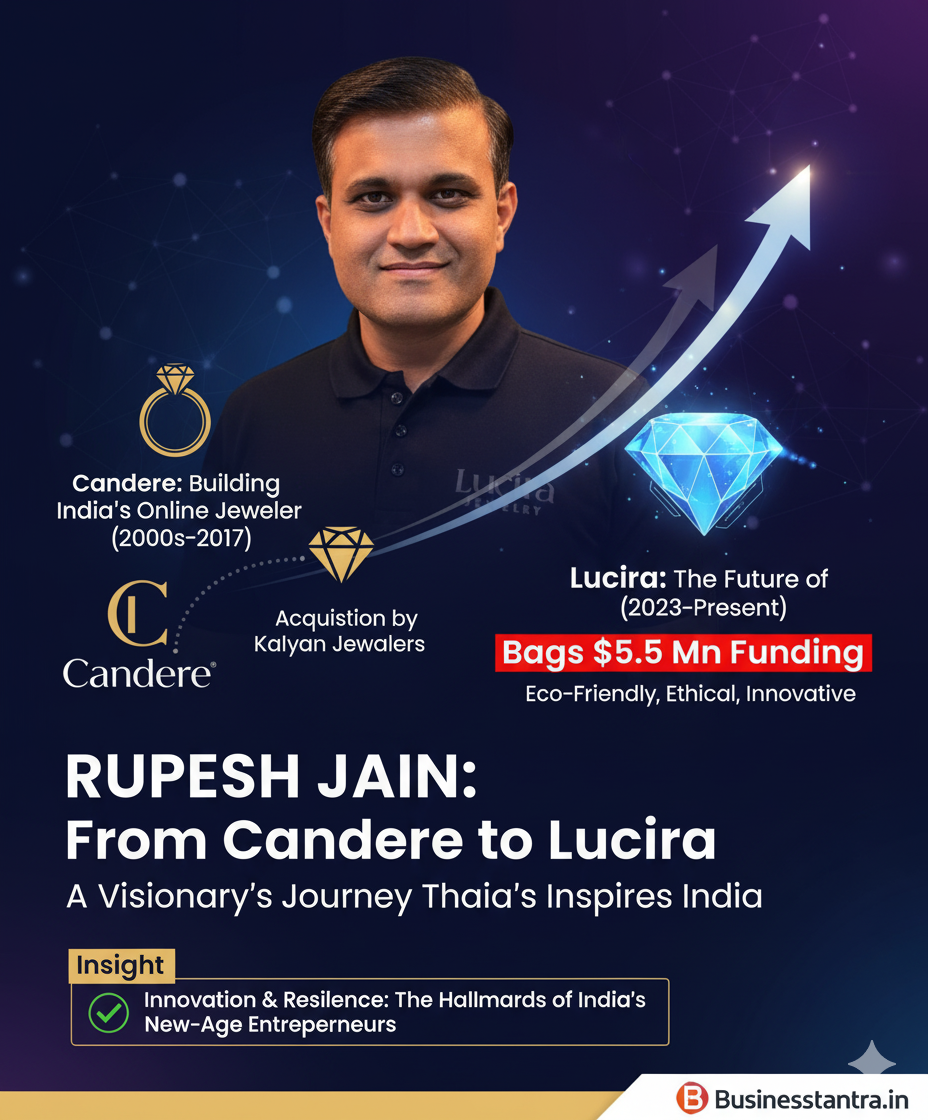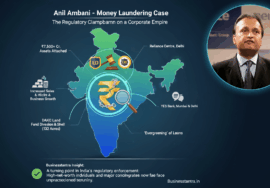Why Seed VCs Don’t Like Y Combinator’s New Deal Terms
[ad_1]
- Y Combinator has increased the amount of money it invests in startups to $500,000 from $125,000.
- But investors told Insider its new investment terms had bumped up valuations to extremes.
- As a result, they said, some VCs are backing away from investing in the latest round of YC startups.
In January, Y Combinator beefed up the amount of money it offers to startups in its famed accelerator program. But the terms attached to that cash have elicited grumbles from seed-stage venture capitalists, who say the changes have made it unreasonably expensive to invest in the startups coming out of the accelerator, which counts Airbnb and Dropbox as alums.
Y Combinator now offers startups $500,000, up from $125,000. The money comes in the form of two notes, or financial instruments used by investors that convert the VC money put into a startup into an equity stake once the startup raises additional funding.
One of the notes provides $125,000 in exchange for 7% of future equity in the startup. The other note entails a $375,000 investment, but it does not specify an equity percentage. Instead, under a provision called a “most favored nation” clause, Y Combinator will receive additional equity at more investor-friendly terms than those of later investors in a startup.
For instance, if the startup raised new funds at a $5 million valuation, Y Combinator would receive 7.5% in equity on top of the initial 7% equity granted.
After YC announced the deal in January, some investors were worried that founders would raise additional rounds after YC’s investment at higher valuations so they could keep more equity in their startups. Y Combinator makes startups agree to sell it a bigger chunk of ownership in their companies when they look for investors in their next rounds, meaning that less of the company is available to sell to those investors.
And it appears that for some seed-stage investors, these worries are actualizing.
“This is the year VCs just say no to YC,” Ian Rountree, the founder and general partner of the early-stage VC firm Cantos Ventures, tweeted in early April. Cantos has invested in several Y Combinator startups, including Solugen, Advano, and Sixfold Bioscience. Other early-stage startup investors echoed Rountree’s sentiment.
Several investors told Insider these changes had led startups to seek higher valuations in funding rounds in order not to give up outsize equity in their companies. They said the valuations attached to many deals out of Y Combinator now fall within a range of $20 million to $30 million, well above the $15 million that PitchBook identified as the top percentile of valuations for seed-stage deals completed in 2021.
Elizabeth Yin, a cofounder and general partner of the early-stage VC firm Hustle Fund, told Insider she was reluctant to pay such high prices for seed startups, which typically lack revenue and often have a business that is early and untested.
Hustle Fund has backed Y Combinator alumni such as Karat, Doola, and Vendease. Yin recounted two instances in which she was able to get “great terms” from startups out of the accelerator, at valuations of $4 million and $6 million. But now, she said, given the terms of Y Combinator’s additional $375,000 investment, “those companies would just never do that.”
“People can no longer bring in small angels or funds at lower valuations because YC’s big chunk of cash also converts at that same valuation,” she said.
The pricey deals out of Y Combinator come as valuations elsewhere, especially at later stages, are cooling off. One seed-stage investor described them as “completely detached from reality.”
“Nearly all seed funds I know do not invest in YC companies other than the ones that are focused on YC companies,” the investor told Insider.
Some seed-stage investors are willing to pay those higher prices, however. Jillian Williams, a principal at Cowboy Ventures, said the new terms hadn’t turned her firm off from Y Combinator startups. Cowboy has backed Y Combinator alumni such as MBX, Seneca Systems, and Ironclad.
But Williams said that for investors who are more concerned about the size of their ownership stake or rising valuations, Y Combinator’s new terms could pose a challenge. The accelerator’s move to amass larger equity stakes may make it a rival to those firms, she said.
“YC, no matter what, is competing with funds — especially seed funds — more so than they have been before,” she said.
That’s not necessarily a bad thing for the accelerator, Yin said, since the larger equity stakes would enable it to reap greater benefits from its breakout successes. And at least in the short term, she added, few startup founders are likely to balk at the extra money, even if it requires giving up a greater chunk of equity.
Y Combinator “may not actually care if angels or VCs invest less,” Yin said.
[ad_2]
Source link










